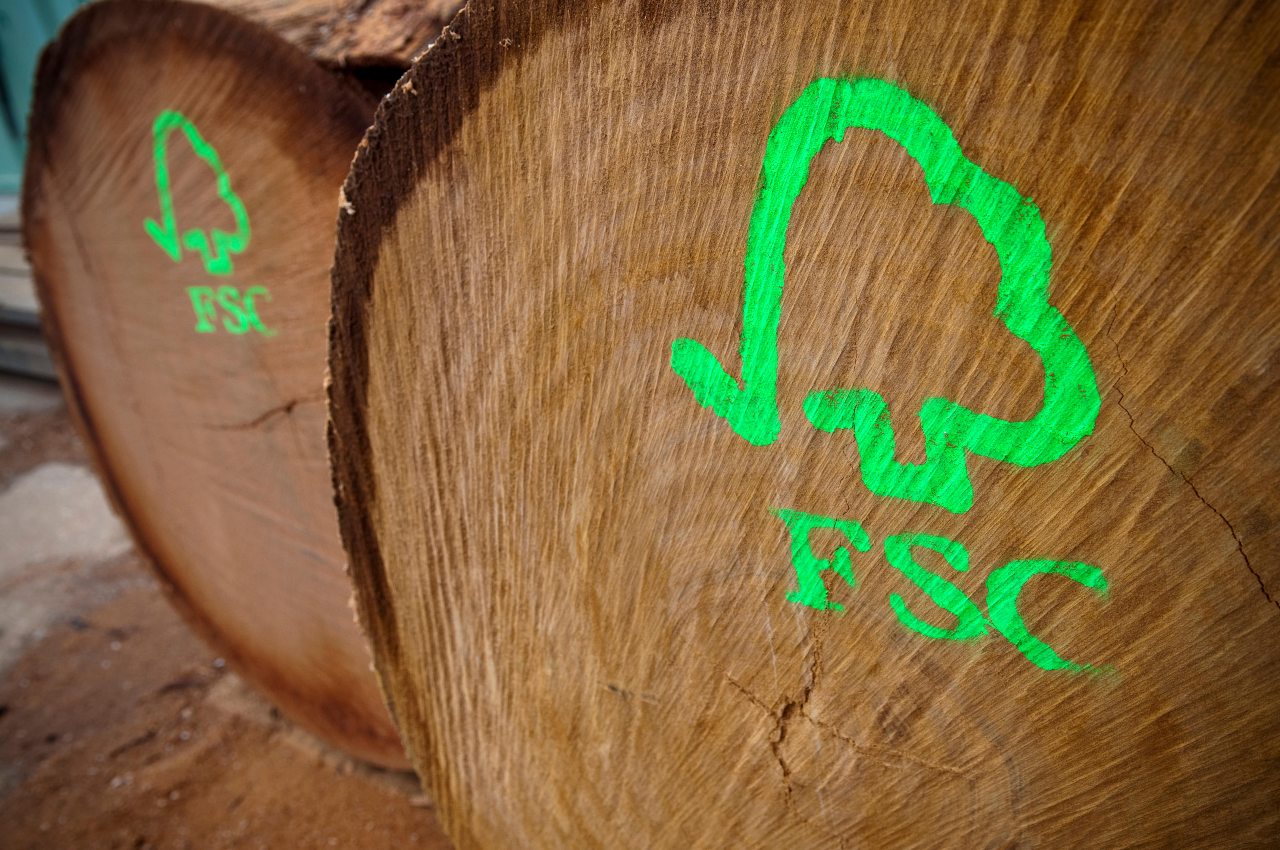Palm oil demand depressed as EU buyers resist long-term deals while awaiting greater regulatory action

Global demand for palm oil could
shrink for the first time in two decades amid declining imports from Europe and
China and growing consumer concerns over deforestation, industry analysts have
claimed.
As Europe pursues greater
regulation, buyers opt for more sustainable options and Chinese demand remains uncertain
due to the US trade war, some observers are anticipating a palm oil slowdown.
EU imports from Malaysia, which
along with Indonesia accounts for 85% of global production, plummeted
from €398 million in the first quarter of 2018 to €320 million in Q1 2019, Earthsight
analysis of trade data shows.
Purchases from Indonesia fared
little better. EU countries purchased €602m of palm oil between January
and April 2019 – an 11% drop on 2018 levels.
“European countries can impose
more restrictions on palm oil,” a Kuala Lumpur-based trader which supplies palm
oil to Europe told
Reuters. “Importers are not willing to take risks.”
One example was seen in March
when the European Commission agreed to phase out using palm oil-based biofuel
from Malaysia by 2030.
A recent survey across Europe
showed that consumers are growing concerned about buying goods that fuel
deforestation and 91% of respondents believed greater regulation was
needed.
A 2014
Forest Trends report estimated that 9.9 million hectares of Indonesian
and 1.8 million hectares of Malaysian forest had been cleared illegally between
2000 and 2012 to make way for commercial agriculture, mostly oil palm
plantations.
The dip in EU trade may reflect
importers’ reluctance to increase deals while planned EU anti-deforestation regulation is
still to be finalised.
India, another large importer,
will see greater demand for domestically produced oils which may taper demand
for palm oil in the long-term, industry experts suggested to Reuters.
Ratings agency Fitch has said
that while it holds a neutral view on the sector, several pressure points will
likely impact demand over the coming months.
“First, palm oil will face strong
international demand headwinds amid stagnant Chinese import demand and
declining EU demand. The EU, traditionally a very large importer of palm oil,
will see demand drop in the long term due to the new EU biofuel policy,”
its April
briefing note surmised.
“Second, the sustainability
reputation of palm oil is not improving for now despite some efforts done by
palm oil plantations to produce sustainable palm oil certified by the RSPO.”
Global firms have made zero
deforestation commitments, yet accusations of malpractice persist.
A recent Greenpeace
report said Wilmar had sourced palm oil from firms guilty of
deforestation in Indonesia and some guilty of illegal forest clearance and
developing concessions without permits. Wilmar was also named alongside palm
oil firms Royal Golden Eagle, Musim Mas Group and Golden Agri Resources as
responsible for illegal deforestation in Sumatra by Friends
of the Earth in 2018.



